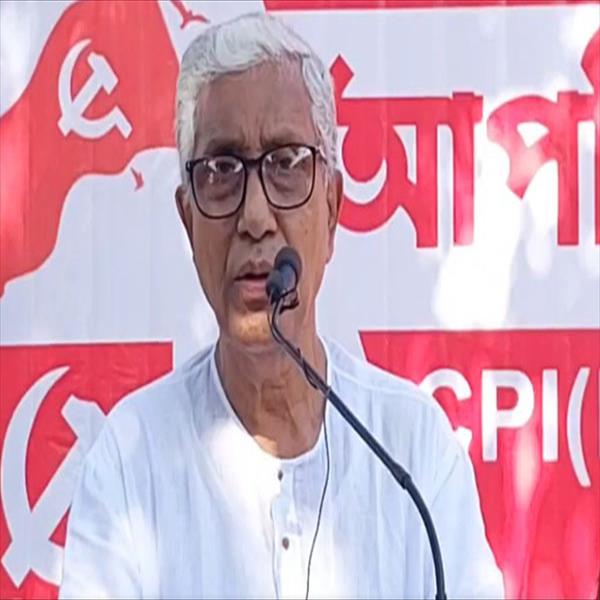Former Tripura Chief Minister Manik Sarkar has emerged as a vocal critic of the government’s decision to privatize electricity and railways, echoing the sentiments of a growing chorus of opposition. Sarkar, renowned for his commitment to public welfare and socialist ideals, has denounced the privatization moves as detrimental to the interests of the common people.
Sarkar’s Arguments Against Privatization
Sarkar’s primary concern lies in the potential for privatization to lead to higher tariffs and reduced service quality. He argues that electricity and railways are essential public services that should remain under government control to ensure affordability and accessibility for all.
Furthermore, Sarkar fears that privatization could result in job losses and a deterioration of labor conditions for workers in these sectors. He asserts that the government has a responsibility to protect the employment and welfare of its citizens.
Privatization: A Recipe for Inequality
Sarkar’s criticism extends to the broader implications of privatization, which he views as a trend that exacerbates social and economic inequality. He contends that privatization often benefits large corporations at the expense of ordinary citizens, further widening the gap between the rich and the poor.
Public Ownership: A Bastion of Public Welfare
In contrast to privatization, Sarkar advocates for the strengthening of public ownership and control over essential services. He believes that public ownership ensures accountability, transparency, and a focus on public welfare, as opposed to profit maximization.
A Call for Rethinking Privatization
Sarkar’s voice joins a growing movement against privatization, urging the government to reconsider its decision and prioritize the well-being of its citizens. His criticism highlights the potential negative consequences of privatization and serves as a reminder of the importance of safeguarding public ownership of essential services.

